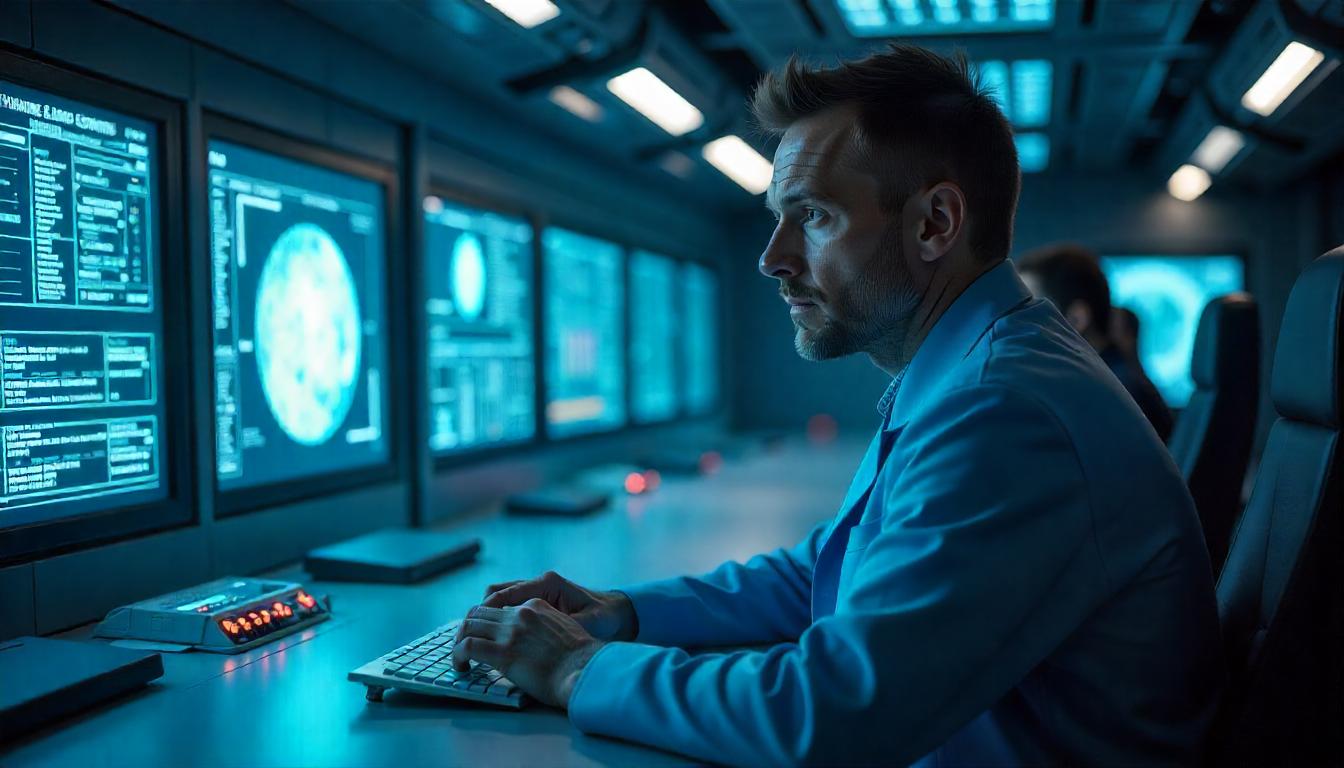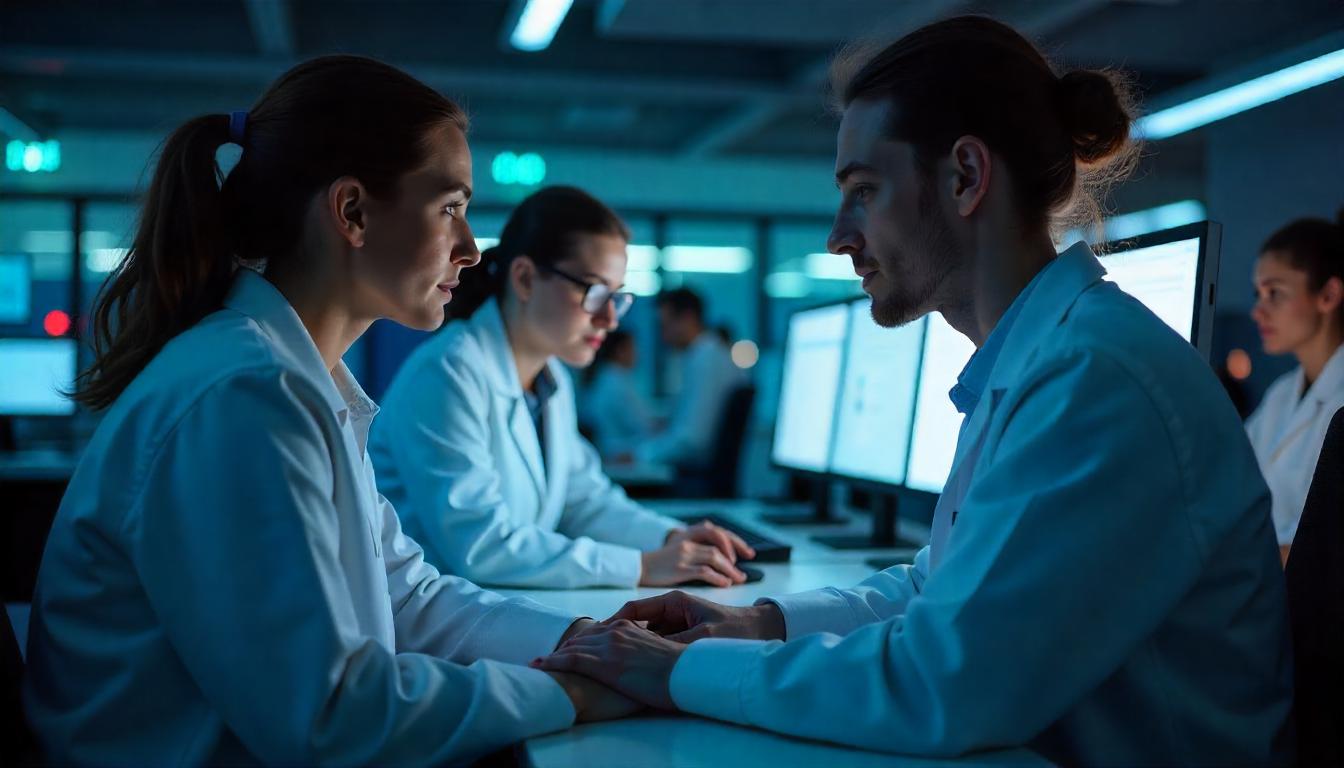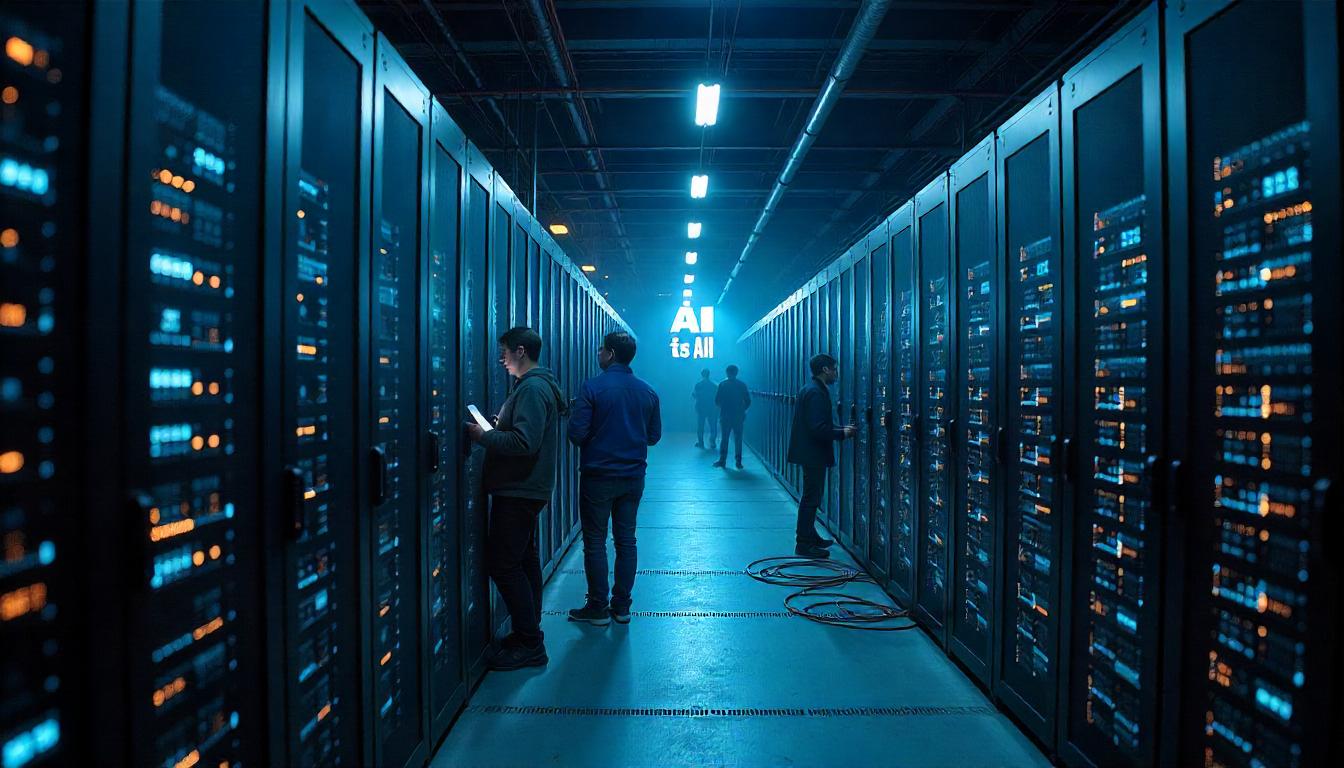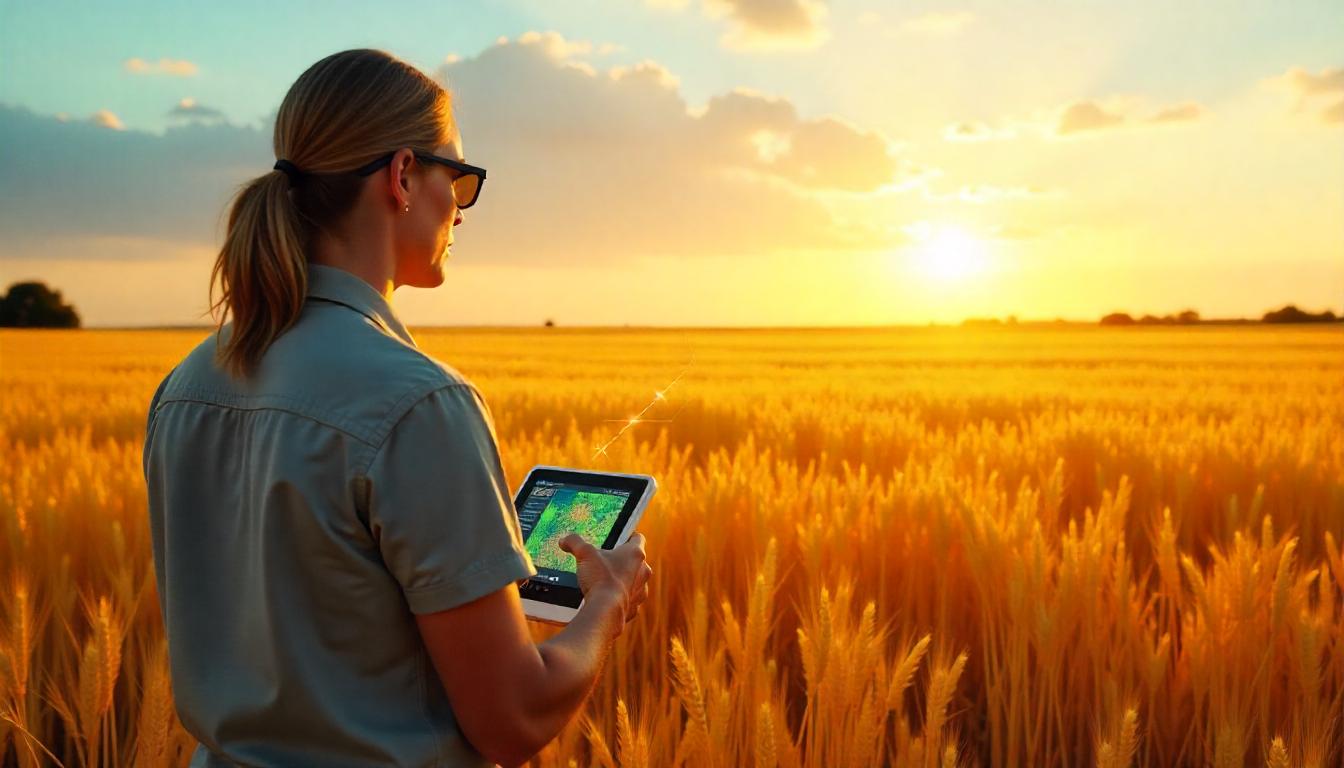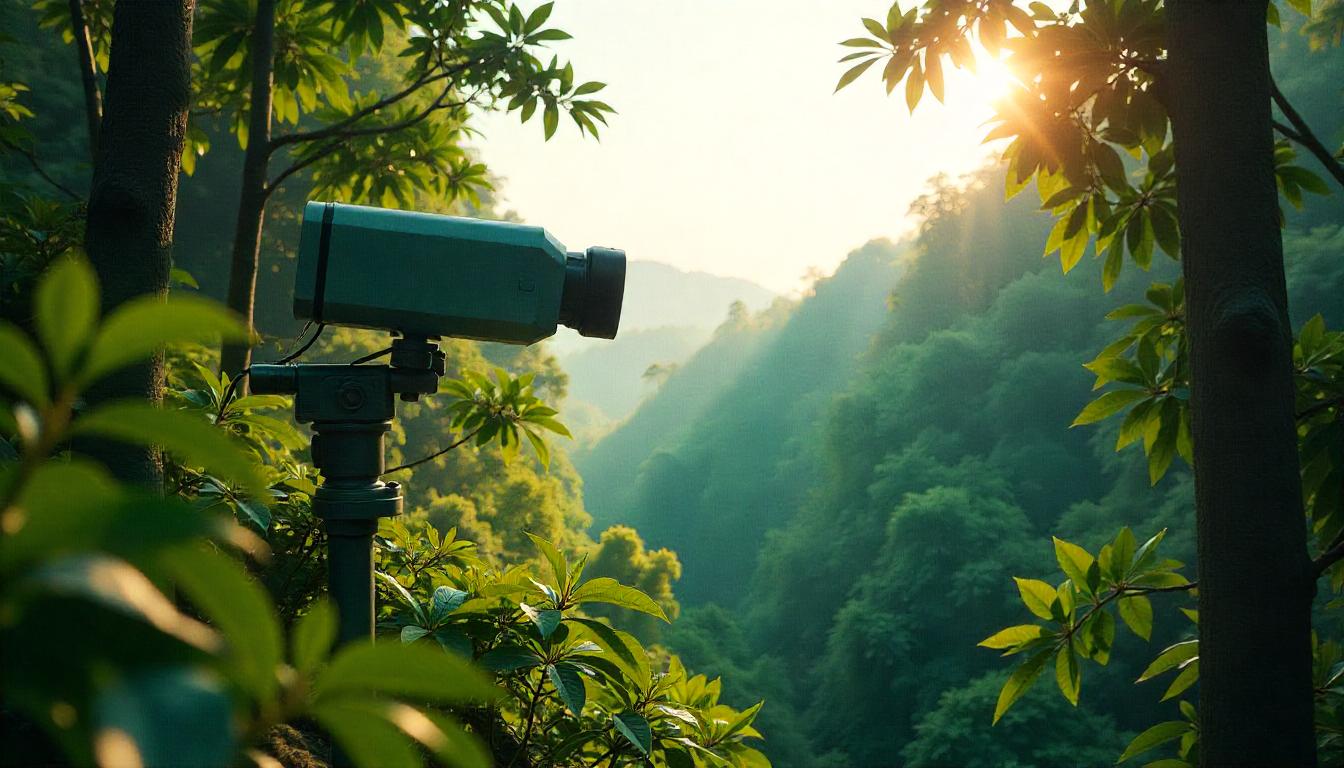AI in Space Exploration: Smart Machines Guiding Us Into the Cosmos
Humans have always been fascinated by the stars. From ancient astronomers charting constellations to modern rockets reaching for the Moon, our desire to explore space has only grown stronger. Now, a new force is transforming our cosmic ambitions: Artificial Intelligence (AI).
AI is playing a crucial role in space exploration, helping scientists and engineers tackle enormous challenges. Whether it’s navigating alien landscapes or making sense of mountains of data, AI is paving the way for deeper discoveries and safer missions.
Why AI is a Game-Changer for Space
Space is vast, dangerous, and unpredictable. Missions are expensive and operate millions of miles from Earth. Meanwhile, spacecraft gather huge amounts of data, demanding quick analysis and fast decision-making.
AI helps meet these challenges by:
- Processing and interpreting large datasets at lightning speed
- Making independent decisions when real-time communication with Earth isn’t possible
- Improving mission efficiency and safety
- Detecting discoveries hidden in complex data
How AI is Transforming Space Missions
Let’s dive into some of the exciting ways AI is being used in space exploration today:
1. Self-Navigating Spacecraft
Faraway spacecraft can’t wait for Earth’s instructions due to long communication delays. AI empowers these machines to navigate independently, avoiding obstacles and plotting safe courses on alien worlds.
NASA’s Perseverance rover, currently exploring Mars, uses AI to analyze its environment, choose paths, and steer clear of hazards on its own.
2. Fast Data Crunching
Space missions generate staggering amounts of information—from images of alien landscapes to readings of planetary surfaces. AI sifts through this data rapidly, spotting patterns and anomalies that might otherwise go unnoticed.
For instance, AI has helped scientists discover new features on Mars by analyzing satellite images, revealing insights that human eyes could easily miss.
3. AI Companions for Astronauts
Long-duration space travel can be stressful and isolating. AI-powered robots are being developed as companions and helpers for astronauts, assisting with tasks and offering conversation to ease loneliness.
CIMON, the AI robot aboard the International Space Station, can answer questions, offer guidance, and even chat with astronauts to help keep morale high.
4. Forecasting Space Weather
Solar flares and cosmic radiation can endanger both equipment and astronauts. AI systems analyze solar data to predict space weather events, giving mission controllers time to protect vital systems and crew members.
5. Designing Future Spacecraft
AI helps engineers create smarter spacecraft by simulating how materials and systems will perform under extreme space conditions. This results in lighter, stronger, and more efficient vehicles for future missions.
The Future of AI in Space
The role of AI in space exploration is only going to grow. In the years ahead, we could see:
- Robots autonomously mining resources on the Moon or asteroids
- AI systems searching for signs of life on distant planets
- Smart life-support systems managing habitats during long missions
- Spacecraft capable of exploring deep space without human intervention
AI is set to be an essential partner as humanity pushes further into the cosmos.
Challenges to Tackle
Despite its promise, AI in space isn’t without obstacles:
- Systems must be incredibly reliable, because repairs in space are often impossible.
- Training AI requires large datasets, which are sometimes scarce in unique space environments.
- Ethical questions arise when AI makes decisions that impact human lives or mission outcomes.
Ensuring AI’s safe and ethical use in space will require rigorous testing and clear regulations.
A New Frontier
From exploring alien landscapes to sifting through data for clues to life beyond Earth, AI is transforming our journey into space. It’s helping us reach farther, learn faster, and tackle challenges that once seemed insurmountable.
As we look to return to the Moon, set foot on Mars, and perhaps explore distant stars, AI will be our trusted co-pilot on the ultimate adventure.


